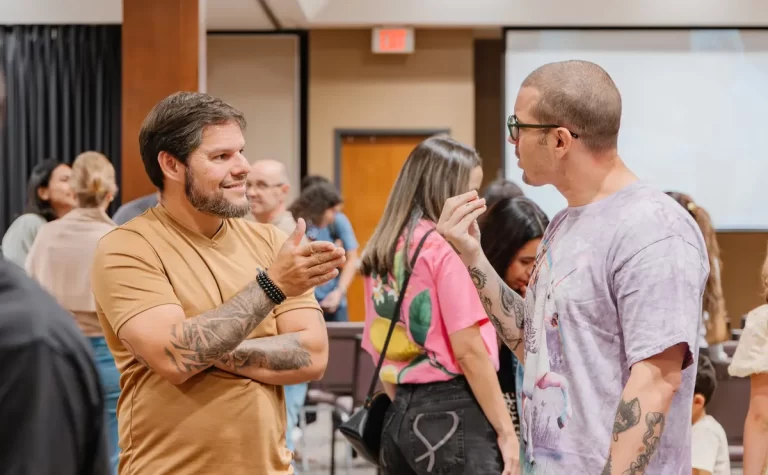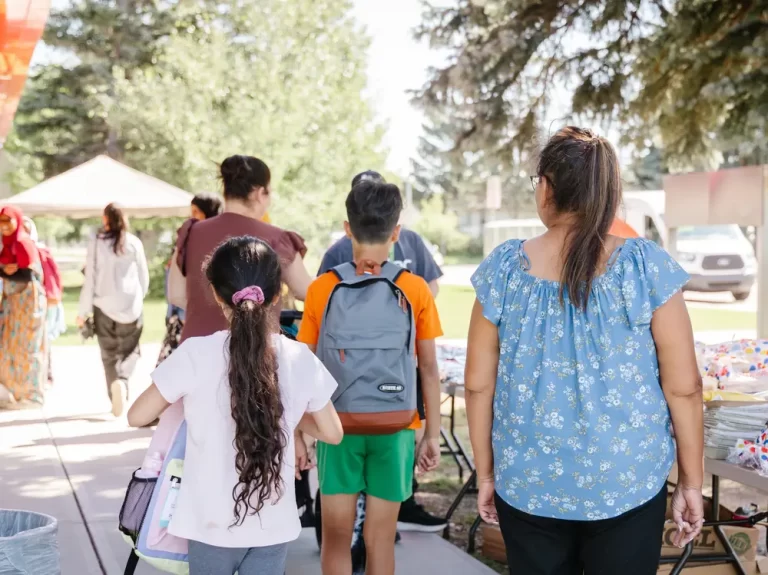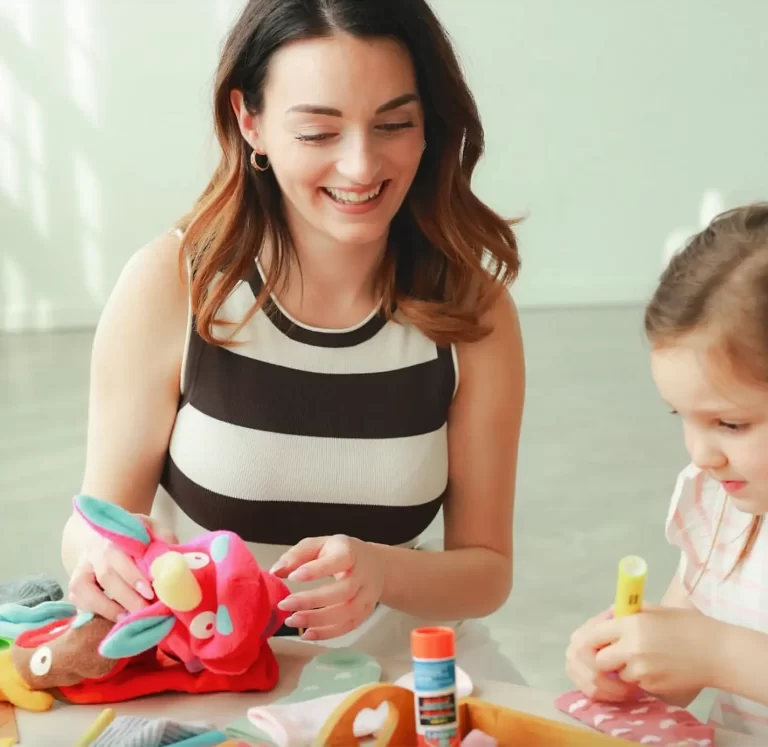
The last 12 weeks have been extremely challenging for most of us. The COVID-19 pandemic has not only taken lives from us, but it has taken the liberties we took for granted. I have become so accustomed to seeing daily death tolls on the news that I sometimes have to remind myself that they are not just numbers, but people – loved ones, breadwinners, innocent children. Our lack of control and need for God has never been more apparent to me.
When I turned on the television last week, I was expecting to get an update on COVID-19. Instead, what I saw was the image of a black man on the ground with a white policeman compressing his neck with a knee. I have seen that video replayed more times than I would like – and every time I see it, it evokes a new combination of emotions in me. Since the video went viral, the heartbreak, devastation, and destruction that has ensued has been clear for anyone to see. The image of a life being snuffed out has become a public sensation, and not even our children have been protected from it. I look around me and cannot help but ask, “How did we get here?”
If I claim that I am not seeking God and asking where He is in all this, I would be lying. Yet, there is a stillness in my soul that knows that God has not abandoned us; that He knows exactly where we are and where we are going … But are we really ready for that reality?
Back to Normal
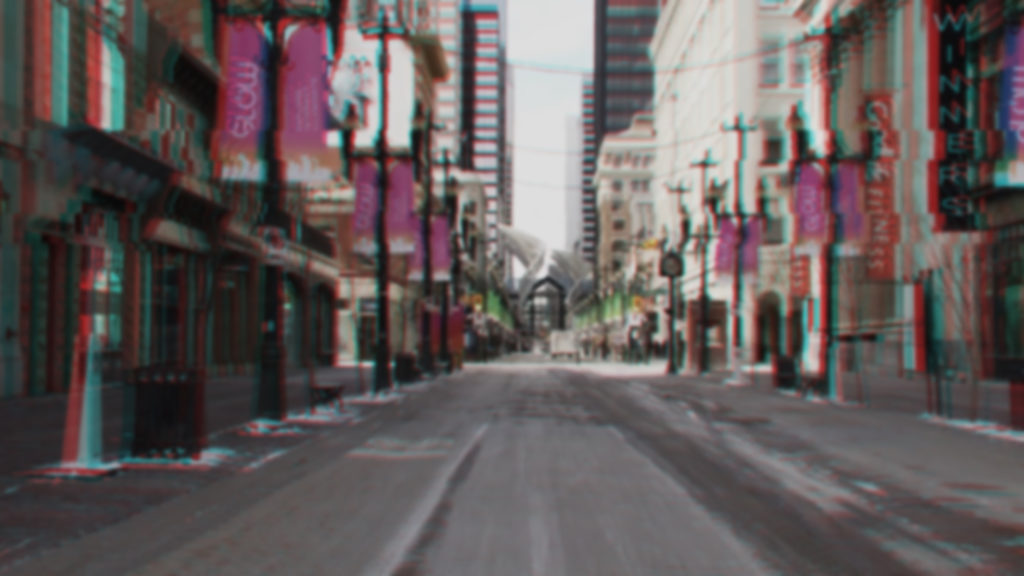
I meet with a group of children weekly to share devotions and prayers. It touches my heart whenever I ask them to pray, and their requests always culminate with the prayer for life to go back to normal. Will life ever return to normal? Who would it be normal for? None of the lost can be replaced. Some broken hearts can only heal with scars; some projects will never look the same.
The notion of ‘normal’ has me asking many questions today. For instance, is it normal to fear death at the hands of a police officer? Is it normal to need rescuing from the very people employed and trusted to ‘serve and protect’? Is it normal for an arresting officer to subdue a surrendered perpetrator for 9 minutes by asphyxiation? If these things are ‘normal,’ then I am sure that the people of Minnesota (especially those of colour) do not want things to return to ‘normal.’
In these days of uncertainty, it is important to come to terms with the fact that we will all have changed if and when the COVID-19 pandemic comes to an end. Perhaps the issue lies in not just wishing for things to go back to normal, but learning from this shaping that perhaps we are being called to a ‘better different’ – to a ‘new normal.’
Different or the Same?
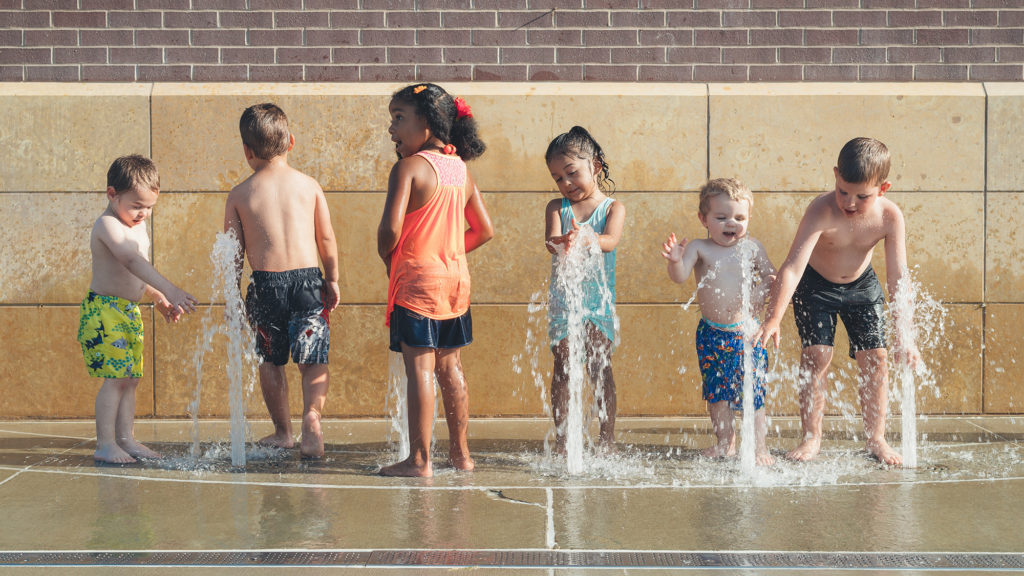
I can imagine that when my Negro ancestors saw Caucasians in Africa for the first time, they would have thought them to be not ‘normal.’ It would have taken time, unbiased investigation, some risk-taking, and a willingness to see the similarities rather than the differences, for their interactions to result in collaboration not conflict. Through the eyes of history, we have seen both postures clearly demonstrated – conflict and collaboration, alliance and antagonism, wars and truces, segregation and connection. These days, we are privileged to be able to access historical facts within seconds with just a touch of our fingertips. We can easily search and see the results of both postures – lives torn apart by hatred, and lives transformed by love. It should be glaringly obvious and easy to see which side we should choose – or so it would seem.
I heard someone ask, “How can you compare apples and oranges?“ They are quite different, are they not? They look different, taste different, smell different; yet they are both fruit, both round, both tasty and nutritious, and they both grow on trees. What we see lies in what we choose to see. When we look at the living people we are surrounded by, we may choose to see our differences, or we may choose to see that we all have a beating heart that desires to be known and to be loved.
Why Black Lives Matter?
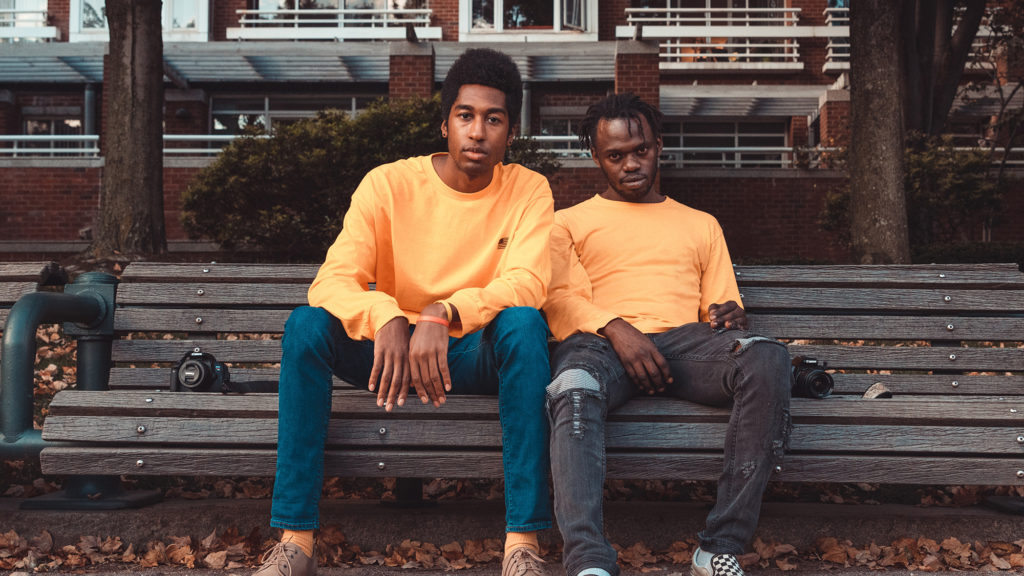
I am choosing to use the term ‘black’ as a racially descriptive term for people of African descent, including African, African American, and Afro-Caribbean. In the United States, black people have had a unique history and experience. F. James Davies, in his book Who is Black? One Nation’s Definition, discussed how the need for a legal definition of ‘blackness’ in the US came about in the shadow of slavery and Jim Crow segregation. That definition described anyone with a single drop of “black blood” as ‘black’ (a term which widely replaced the term Negro across the US since the 1960s) and came to be known as the “one drop rule.” Davies wrote: “the black experience in the United States contrasts with the experience of other ethnic minorities that have features that are clearly non-Caucasoid”; and “it is often suggested that the key reason for this is that the physical differences between these other groups and whites are less pronounced than the physical differences between African blacks and whites, and therefore are less threatening to whites.” [i]
About 3 years ago, I was working in a clinic as a primary physician when I was informed that a lady had attended the clinic asking to see a doctor. When she saw my name, she asked where I was from; following the response, she asked a further question: “Do you have any white doctors here?” When I took time to reflect on this experience, I counted it as minor, but indicative of a broken world full of broken lives. I was grateful that the lady had spoken her mind clearly and honestly, but saddened that people are still being judged as competent or otherwise based not on their accomplishments but on their outward appearance. As a first responder, I am trained to protect and preserve life, irrespective of how I am treated by my patient. This is why it particularly hurts to see a person die the way George Floyd did, at the hands of a first responder – someone who knew CPR and what to do to preserve and protect a life, but did the opposite.
It is true that in this day and age, people are being treated differently because of their skin colour, country of origin, hair texture, cultural background, and even language and accent. Discrimination has many faces; it is not only black people who are discriminated against, and it is not only non-black people who discriminate. Any human of any race can attest to facing challenges of various kinds, but the challenges which black people have faced (without going into a long comparative history lesson), bear a certain uniqueness.
I cannot help but ask the question: Would George Floyd still be alive today if he had the same altercation with the police, but was not black? A part of me which I strongly want to be wrong can’t help but answer “Yes.“ When Alicia Garza, Patrisse Cullors, and Opal Tometi started the #BlackLivesMatter movement in 2013, it was in response to the fatal shooting of a black youth (Trayvon Martin) and the acquittal of his shooter (George Zimmerman) in 2012.[ii] With so many similar historical cases in existence (most of which we never hear about), I cannot help but agree with peaceful protests for justice and reform. I believe our awareness of a need for change and the demand for it is justified.
The Choice to Live and Love

Today marks the eighth day of protests in the US following the murder of George Floyd. We have seen peaceful, non-peaceful, and social media demonstrations, including the #blackouttuesday statement. With every passing day I find myself asking, “Is this really the way?“ As a non-American myself, I approach this with an internal caution, I identify with a protesting Caucasian woman whose banner read: “I understand that I will never understand, but still I stand.” I do not know how the judicial system in the US will respond to this heinous act. If the response of their president is anything to go by, I wonder very much if anything will change.
In my experience, I have seen a change in lives be possible to such an extent that is not humanly possible. I have seen violent oppressors become passionate advocates for love and forgiveness; I have seen vile offenders become forgiven forgivers; and I have seen murderers seek forgiveness, turn full circle, and become community bridge-builders. None of these changes happened because of human determination; they happened because people were willing to allow the supernatural intervention of God into their hearts, to transform their nature and create in them a new normal.
About 48% of the New Testament of the Bible was written by a man named Paul. He used to be known as Saul when he persecuted and killed Christians. In the latter part of his life, he experienced a transformation when he encountered the risen Jesus Christ. When Saul met Jesus, it was not only his mission which changed, but his perception of fellow human beings. Not only did he no longer feel threatened by people who were different from him, but he received an understanding of the life-giving and life-changing love of God which made him declare, “and now these three remain: faith, hope, and love. But the greatest of these is love.”[iii] Paul did not experience this change because of his good efforts, but because he encountered Jesus and made the choice to follow the author of love. It was the change he experienced which prompted him to dedicate his life to making the saving grace of Jesus known to anyone who would listen.
The Change We Need
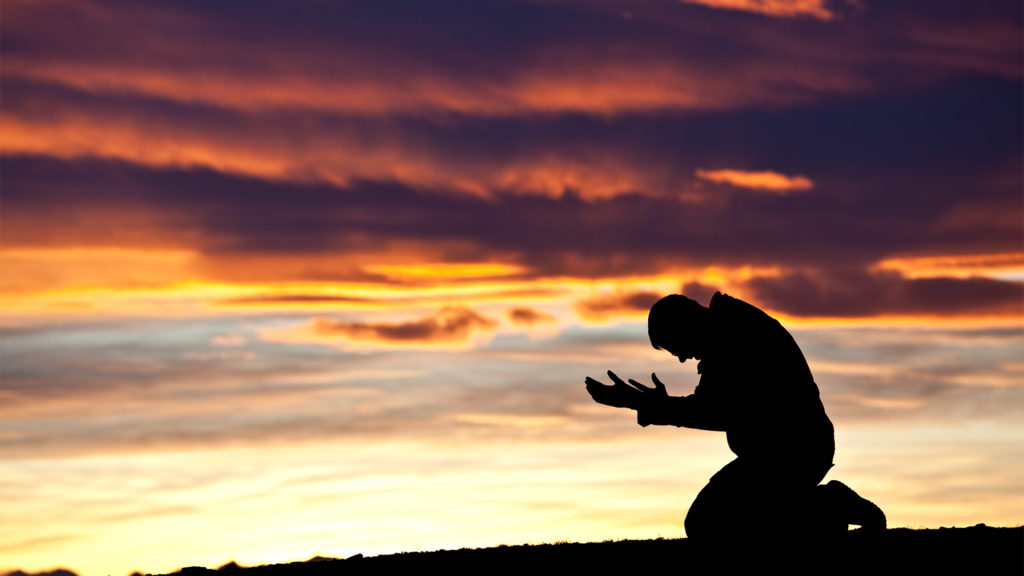
In 2016, 20 years after the Rwandan genocide, Marcel Uwineza, a man whose family members had been brutally murdered, had met Jesus and become a priest. He wrote this:
“One day I met one of the killers of my brothers and sister. Upon seeing me, he came toward me. I thought he was coming to kill me, too. But I could not believe what happened. As if in a movie, he knelt before me and asked me to forgive him. After a time of confusion, asking myself what was happening, and by a force which I could not describe, I took him, embraced him, and said: “I forgive you; the Lord has been good to me.”[iv]
This type of change is not made possible by the human efforts, but by the power of God which is available to us through the same risen Jesus Christ whom Paul met. Jesus is still meeting and transforming people today, but it takes our faith and willingness to allow him into our hearts to experience that change. Like Marcel and the killer of his family, we can be free from the broken state which causes us to hurt others, free from the trauma of hurt, and empowered to live and love. The type of love Jesus teaches is not only for our family and friends or people who are nice to us, but for anyone – even people who persecute us.
The change that we need is not humanly possible … It is the power of God that produces transformation in us. We need to realize that though there is so much that is not within our control, we have the control to choose God, the giver of life and author of love.
I pray for more experiences of the life-transforming power of Jesus Christ – because He reaches beyond the limits of any president, drug, therapy program, or judicial system.
Written By Tolu Solola
Tolu Solola practices as a physician in Calgary, attends FAC, and is currently pursuing further education in Christian Studies (MCS) at Ambrose University and apprenticing in a number of different ministries at FAC. Want to know more about the life-transforming power of Jesus Christ? Learn more here or contact Tolu.
[i] Who is Black? One Nation’s Definition by F. James Davis
[ii] Black Lives Matter – HERSTORY
[iv] What the Rwandan genocide can teach us about Christian Hope by Marcel Uwineza

